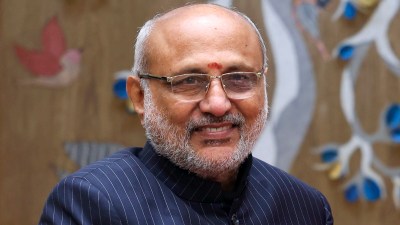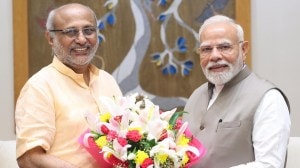‘Unhappy people watch TV, happy ones read and socialise’
Unhappy people watch significantly more television in their spare time, says a new study, which found that individuals who describe themselves as very happy spend most of their time reading and socialising.

Unhappy people watch significantly more television in their spare time, says a new study, which found that individuals who describe themselves as very happy spend most of their time reading and socialising.
“TV doesn’t really seem to satisfy people over the long haul the way that social involvement or reading a newspaper does,” said University of Maryland sociologist John P Robinson, the study co-author and a pioneer in time-use studies.
“It’s more passive and may provide escape – especially when the news is as depressing as the economy itself. The data suggest to us that the TV habit may offer short-run pleasure at the expense of long-term malaise,” he added.
During the study, the researchers’ analysed two sets of data spanning nearly 30 years (1975-2006) gathered from nearly 30,000 adults.
It showed that unhappy people watch an estimated 20 per cent more television than very happy people.
The unhappy people were also more likely to feel they have unwanted extra time on their hands (51 per cent) compared to very happy people (19 per cent) and to feel rushed for time (35 per cent vs. 23 per cent).
Talking about unhappy people’s TV addiction to television University of Maryland sociologist Steven Martin and co-author of the study said, “addictive activities produce momentary pleasure but long-term misery and regret. People most vulnerable to addiction tend to be socially or personally disadvantaged. For this kind of person, TV can become a kind of opiate in a way. It’s habitual, and tuning in can be an easy way of tuning out”.
The study appears in the December issue of the journal ‘Social Indicators Research’.
Photos



- 01
- 02
- 03
- 04
- 05



























